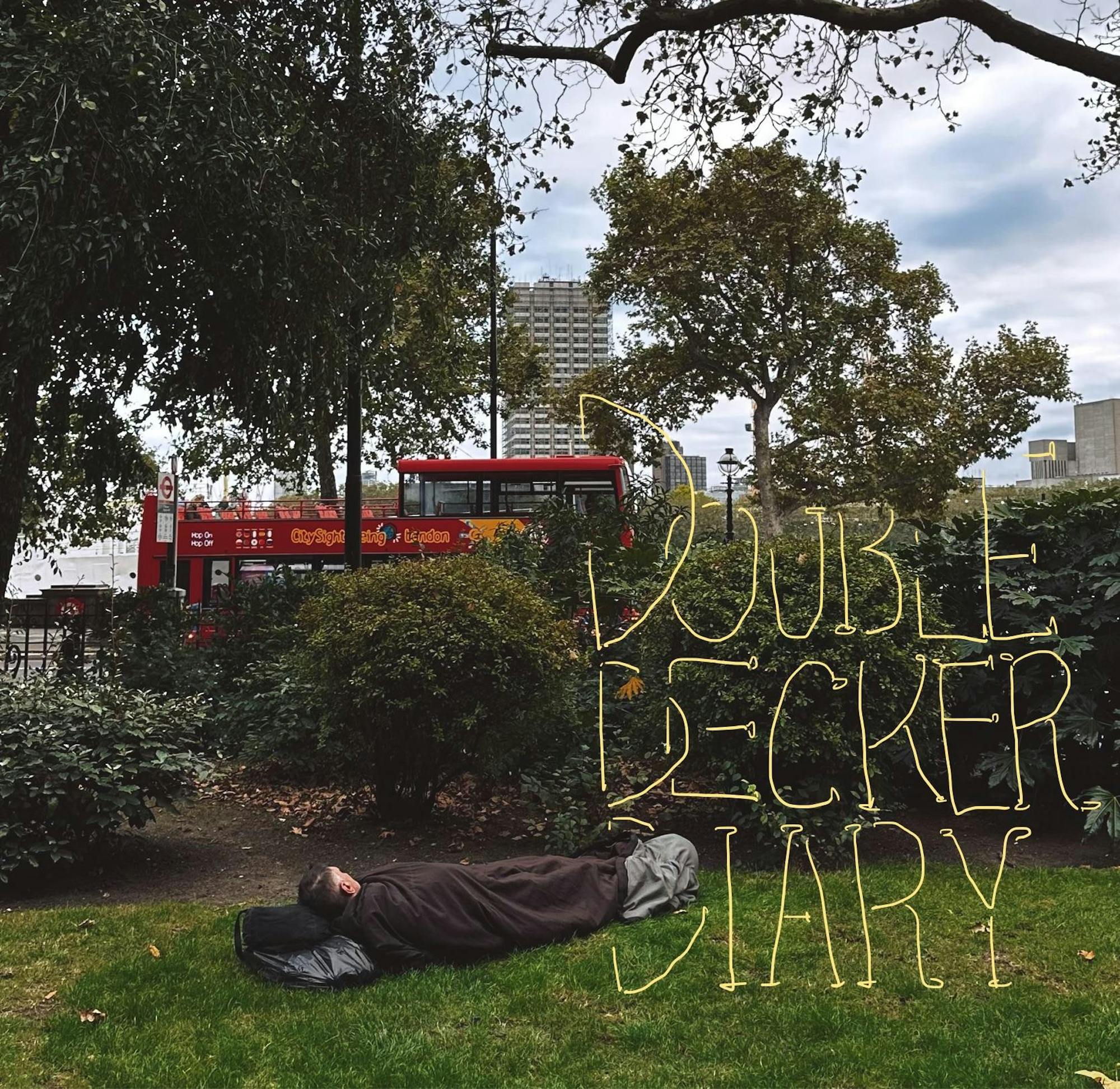Dear Diary,
This is a story about LinkedIn.
Part I
A couple of days into Freshers Week, hundreds of students at the London School of Economics and Political Science crammed into a windowless gym. Spotted between tables with promotional trifolds: Men in Suits.
Men in Suits are an ever-changing cultural symbol. From the impression of the lawyers in, well, “Suits” (2011–19), to the iconic “SUIT UP!” exclaimed by Barney Stinson, a womanizer in the sitcom “How I Met Your Mother” (2005–14), Men in Suits embody power, class and pretense.
Seen at the career fair, Men in Suits are conglomerates of a little bit of each. They are the finance bros.
Queued up in front of tables labeled “private equity” and “hedge fund,” finance bros have their ambitions written across their expressions, CVs in hand.
Waiting for a friend, I roamed around on the hunt for free merchandise, before I dived headfirst into a cluster of Men in Suits.
“Would you like to connect on LinkedIn?”
I find my hand receiving their phones with the blue and white page already displayed. Oh no.
Saying yes would expose my LinkedIn profile, which was last updated in my senior year of high school, but claiming that I don’t have one would sound like a lie.
“You’re at LSE but you don’t have a LinkedIn? C’mon.”
Clutching onto the last of my dignity as a social science student, I scrambled out of the suits.
LSE’s career culture has escalated my imposter syndrome. As an anthropology major, never have I thought I would feel FOMO for missing a finance networking event. Bombarded by career news in finance and consultancy, my future potential is limited to my tunnel vision of what the majority is doing.
LinkedIn has become a place of exclusion. My experience section was left blank in an attempt to avoid reflecting on my career goals. Left out from the sense of community of peers pursuing popular industries added to my feeling of alienation as a newcomer in London, where suits might as well be registered as a cultural landmark.
At the fair after the interaction, I updated my LinkedIn profile to prove something, but to no avail.
LinkedIn made me feel more PushedOut.
Part II
“I must’ve left it somewhere.”
I retraced my steps along the river bank looking for my wallet. Feeling suspicious that I had been pickpocketed, I attributed my frustration to what I labeled London’s animosity.
The fast-paced rhythm, the loss of life direction and my wallet led to my ultimate conviction that I did not belong, until several weeks after the wallet incident.
One evening when I revisited my LinkedIn, I noticed a message from a profile picture depicting a suited man, who claimed to have found my wallet.
During the hand-off, he was also in a suit. He waved, reached into his briefcase and jogged towards me.
“Thank god I found your LinkedIn,” he said.
I didn’t know how to react. Retrieving my wallet felt more symbolic than the recovery of a personal belonging.
Losing my wallet felt like the last straw of trying to call this new life in London my own, exacerbated by the loss of life direction behind my LinkedIn profile, which mocked my seemingly vacant future.
My five-year plan doesn’t include being suited, but does that mean I can’t become a part of this London narrative?
I chatted with the suited man, my long-lost wallet in hand, somehow feeling grounded for the first time. In the lounge chairs in the park nearby, many suited workers sat taking their lunch break, and several elderly couples bathed in the sunlight.
LinkedIn became the medium through which I felt connected with the city. I reevaluated my previous demonization of suited men, too.
I offered to buy him a coffee, but he declined and waved goodbye.
Later that day, I got a LinkedIn notification. The suited wallet-finder wanted to connect.






